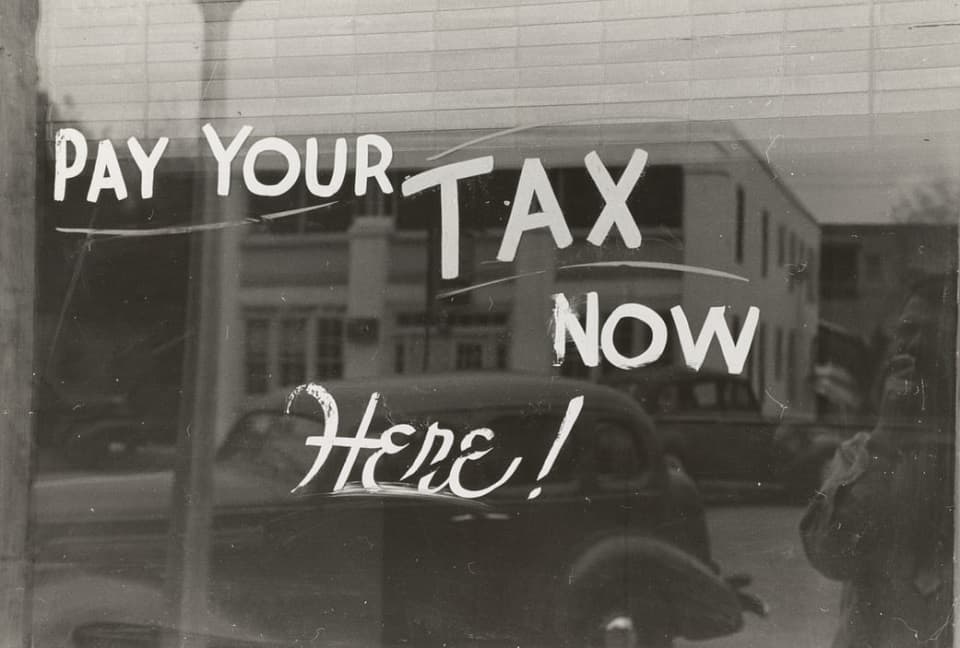This is a common question among would-be freelancers. They’re afraid that they might either be breaking the law or their employment contract by setting up a freelance practice while they still have a day job.
So, let’s do the quick answer: in most cases, yes, it’s fine to freelance while you’re employed. There are a couple of exceptions to this rule (which we’ll deal with, in a minute) and then we’ve got some tips for balancing your actual job with your freelance work so that you stay out of trouble.

Table of Contents
4 Times When It’s Not OK To Freelance While Employed
There are contracts which you can sign with employers that limit your right to work freelance:
- When you’ve agreed not to work on other projects outside of your main job. This is unusual and tends to be a clause used only when the employee is working so many hours that it would be dangerous to their health to take on other work.
- When you’ve agreed not to take on contracts that conflict with your current work. This is fairly common, and it really means that you have to make sure that your freelance work must not act against the interests of your current employer. So, while it’s fine to take on projects, you can’t work for a competitor or lobbying group, for example, in your spare time. If in doubt, you ought to run your outside project by someone in authority at your workplace.
- When you’ve agreed to surrender all intellectual property rights to your creations during your period of employment whether created at work or not. This is a hideous clause that ought to be illegal but has been very common in certain industries. You can’t sell your work to somebody else if you don’t own it.
If you have any of these 3 clauses in your contract, you ought to talk to a legal representative or union representative about why the clause exists and whether it’s reasonable.
(We’d suggest non-compete clauses are fair, health and safety stipulations too, but that the surrender of all your IP ought to either be substantially compensated in your paycheck or it’s restraint of trade – though suing your employer to get your rights back may cause other problems).
The fourth time is when there is a legal limit on the number of working hours that you can do based on your national or state law. While there are sometimes exemptions for self-employed work (such as freelance work), you may be opening yourself up for trouble if you clash with this framework.
However, we see this fourth reason as a minor problem. We’ve never heard of inspectors coming around to quiz the self-employed on the number of hours they work. You can, probably, feel free to ignore it completely.
One Time When You Should Be Careful About Freelancing When Working

Many employers require their employees to sign contracts that stipulate total confidentiality – that is you won’t reveal things you’ve learned in their employ and that you won’t reuse any of the IP that you create on their behalf.
This can be a difficult thing to avoid if you freelance within the same industry and, especially, for programmers working on several projects with similarities – you must create new code for each task and not recycle stuff you created at work.
OK, How To Freelance While Employed In A Way That Doesn’t Get You Fired
Now, you may be OK to freelance while you have a job but trust us, if you don’t go about freelancing while in someone’s employment in the right way – you may soon lose that job. So, here are our tips for keeping your job while freelancing:
- Review your contract carefully. Talk to a lawyer or union rep and see if there’s anything in the contract that could interfere with running a freelance business and whether there are things you need to be careful of. Sticking to your contract or renegotiating an unfair contract is a much better idea than breaking one. Employers, quite rightly, tend to terminate contract breakers with prejudice and that means no severance pay.
- Confession is good for the soul. As long as you have a good relationship with your boss and they are not known for being difficult about moonlighting – you should tell them you intend to freelance in your spare time. Be blunt and explain that you need more money and want to gain more experience. Reassure them that you’re always going to treat your main job as the priority though.
- Outline the work you’ll be doing. Put your boss’s fears to rest by explaining what kind of work you’ll be doing outside of the office and ideally, who you intend to do it for. Show that you’re not poaching clients (or involving other employees – that’s a big no-no if you need additional staff for your freelance project then find them elsewhere). Honesty is pretty much always the best policy in these situations.
- Show that your freelancing brings rewards for the business. If you’re working on other things, you ought to be gaining new skills and experiences. These can be brought to bear on the projects you work on during your main job. Think of ways that you can put the new skills you’ve learned into action and illustrate them to your boss. “I’ll be doing a lot of e-mail marketing and that will help me improve our e-mail campaigns which should see an increase of XYZ% revenue,” that kind of thing.
- Don’t stop giving your all during the day. Want to get into trouble really fast? Then start slacking off at work to give your attention to your freelance work or to catch up on sleep when you worked late into the night on another project. You can’t do it. You have to put all your effort into the job you started with. Lots of freelancers eventually quit their jobs to full-time freelance but until then, do the job well.
- Always keep freelancing separate from work. Let your clients know that you’re only available during out of work hours. Don’t start printing your client’s project work on the office printer. This is, in fact, stealing and we don’t know of a single employer that takes this lightly. If you want to get on at work, don’t rob the place.
- When you freelance – enjoy it. If you’re going to work 2 jobs, then you need to get something more than just a bit of extra cash out of it. Make sure that you plan your time well and then set yourself up for maximum productivity. The extra projects you take on should stretch your skills and spark your interest. This will mean that it won’t be as tiring (physically or mentally) as it might have been.
One Final Tip For Freelancing While Employed: Take Care Of Your Taxes

You will need to start paying more attention to your taxes. Freelancing income is generally paid without employment taxes, income taxes, pension taxes (such as National Insurance), pension contributions, etc. being deducted from it.
You should have a quick chat with an accountant or tax professional and see what your obligations are likely to be and how much of your income you should set aside to meet those obligations when you have to submit your tax returns.
There’s going to be nothing on earth that is less fun than working hard at 2 jobs for a year and then finding you’re in debt because you forgot about the taxman. Taxes are nobody’s favorite part of life but if you get out in front of things, you can ensure that they won’t make you miserable.
You should also investigate the deductions you can get on your tax bill too. Freelancers tend to buy their own hardware and software, they can often offset part of their rent (for their home office) and utility bills, and so on… taxes don’t necessarily have to be all bad. Some can put money back in your pocket.
Conclusion
Yes, it’s OK to freelance when you’re employed unless your contract says otherwise. If you want the employment situation to last, however, you need to pay attention to the details of balancing your freelance life with your work life.
And most of all, you need to make certain that you pay your taxes because jail is no fun whatsoever. But don’t forget that you may also be able to claim some of the tax back for the investments you make in yourself and your business.
